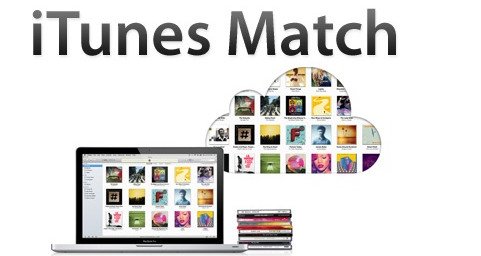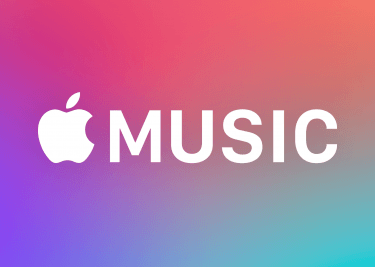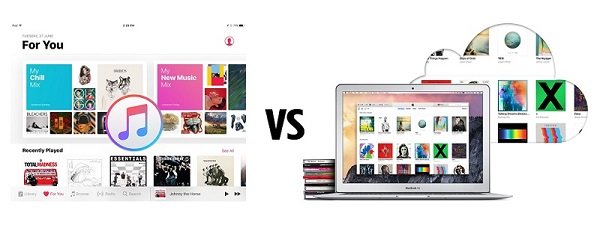
iTunes Match and Apple Music are Apple’s two music subscription services. These two streaming platforms can both save your songs through the cloud to make them available on various devices. Given their indistinguishable similarities, man users are being confused on what the differences really are between iTunes Match and Apple Music.
So better help you understand these two, we will be discussing iTunes Match vs Apple Music in this article which includes what they are as well as their similarities and differences.
Contents Guide Part 1. Defining iTunes Match and Apple MusicPart 2. The Similarities of iTunes Match and Apple MusicPart 3. iTunes Match Vs Apple Music: The Differences Between ThemPart 4. Bonus Tip: Best Way To Get DRM-Free Apple Songs on iTunes MatchPart 5. Wrapping It Up
iTunes Match was launch at the end of 2011 but was available initially for US users. But, in the current time, the app is available for users in over a hundred nations worldwide with quite a popularity. For only $24.99 per year, users can stream up to 100,000 tracks from their iTunes library in 10 devices connected to the same Apple ID. It also includes song options which users have imported from discs (CDs) but were not purchased from iTunes.

Below are the various types of content you can stream on iCloud’s music library.
All of the songs users purchased in their iTunes store can be readily streamed on their devices without any upload time. Also, it does not include the song limit of 100,000 in the count which is already there.
If there are songs that you have recorded yourself and have added to your library, you have to upload these first to your iCloud music library. After which you can now download and play them through the connected devices.
Every time you buy songs from iTunes and add them to your music library, iTunes automatically matches these songs to other songs from a similar album. This gives you the option to stream the various versions of your tracks in iTunes on any devices connected.
Moreover, iTunes Match gives its users the choice to match up to 100k tracks from their library. Users can then download and stream these songs to up to 10 connected devices. When the app fails in matching a song to another song which is already present in iTunes’ catalog, the app automatically uploads the song.
Let us also discuss what Apple Music is. Apple Music gives its users two options for subscription: a monthly plan of $9.99 or a monthly charge of $14.99 for its family plan. This music streaming platform has been designed mainly to give its users full access to music streaming using all devices.
It does not matter whether a subscriber owns a song in Apple Music or not. Users are free to stream any song they desire from the Apple Music catalog. This also comes with two customizes playlists which are sent to their subscribers per week. These playlists are composed of a mix of favorites and new music. The favorites mix composes of songs which are based on each user’s taste using the recently played songs' history.

Before we go to the differences between the two, ley us first take a look at their similarities based on 4 factors in this section.
Both iTunes Match and Apple Music can be used to stream content on various connected devices. They basically support the same devices.
Both streaming platforms come with storage limits of up to 100,000 songs.
Apple Music and iTunes Match actually function similar to each other. Both services allow their users to stream songs for you to enjoy listening to your favorite music with a wide variety of selections.
Both music services incorporate the same matching, downloading, and uploading principles via the music library in iCloud.
Now, let’s proceed to the differences of these two popular Apple music streaming services.
In Apple Music, the monthly subscription rate is $.9.99 but can even get higher when you are planning to opt for its family plan. For iTunes Match, the fixed cost is $24.99 yearly.
This is another big difference between iTunes Match and Apple Music - the copy protection using DRM. When you subscribe to Apple Music, you will get 256 kbps M4P songs that are DRM-protected which you can only play using authorized devices. On the other hand, for iTunes Match, users are allowed to download AAC songs that are DRM-free which they can play in more players and devices.

Once users cancel their subscription to Apple Music, the app no longer allows its users to access songs including their downloaded ones from their music library in iCloud. Contrastingly, even if your subscription to iTunes Match ceases, you are still allowed to access any song that you have downloaded through the app. This is one of the advantages of iTunes Match over Apple Music. But, do note that you cannot stream tracks which you have not downloaded.
Apple Music offers you an extra feature to access Beats 1 which is Apple’s internet radio. On the other hand, iTunes Match does not give you this option.
You can get up to two playlists per week in Apple Music But, in iTunes Match, you don’t have these.
We recommend using DumpMedia Apple Music Converter for downloading and converting any Apple M4P songs, albums, and playlists to MP3, M4A, AC3, M4R, MKA, AU, FLAC, AC3 and more for listening offline. Since you can’t listen to Apple Music on your other devices because they are protected by DRM, this tool helps in removing the DRM protection of various Apple songs such as the following so that you can play your favorite songs anywhere:
Moreover, DumpMedia Apple Music Converter is a powerful Apple Music converter with up to 16x conversion speed and retains the original quality of your songs, 100%.
For the steps on how to use DumpMedia Apple Music Converter to get DRM-Free Apple songs on iTunes Match, proceed to the provided link.
In this article, we discussed the similarities and differences between iTunes Match and Apple Music. You should consider iTunes Match if you want to access an existing music collection from a wide variety of devices and nothing more.
But, Apple Music would be a good way to access your favorite music collection as well as everything else you’ll find in the iTunes Store. Hopefully, this article was able to clear out your confusion between these two subscription-based music streaming platforms.
Also, if you want an Apple Music downloader which you can use to download and convert various Apple Music songs without iTunes Match and save it on your computer or mobile device, we recommend using DumpMedia Apple Music Converter. You are free to try this software anytime.
